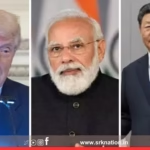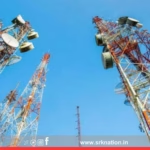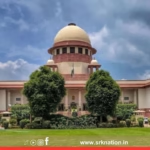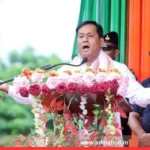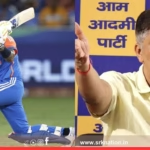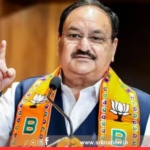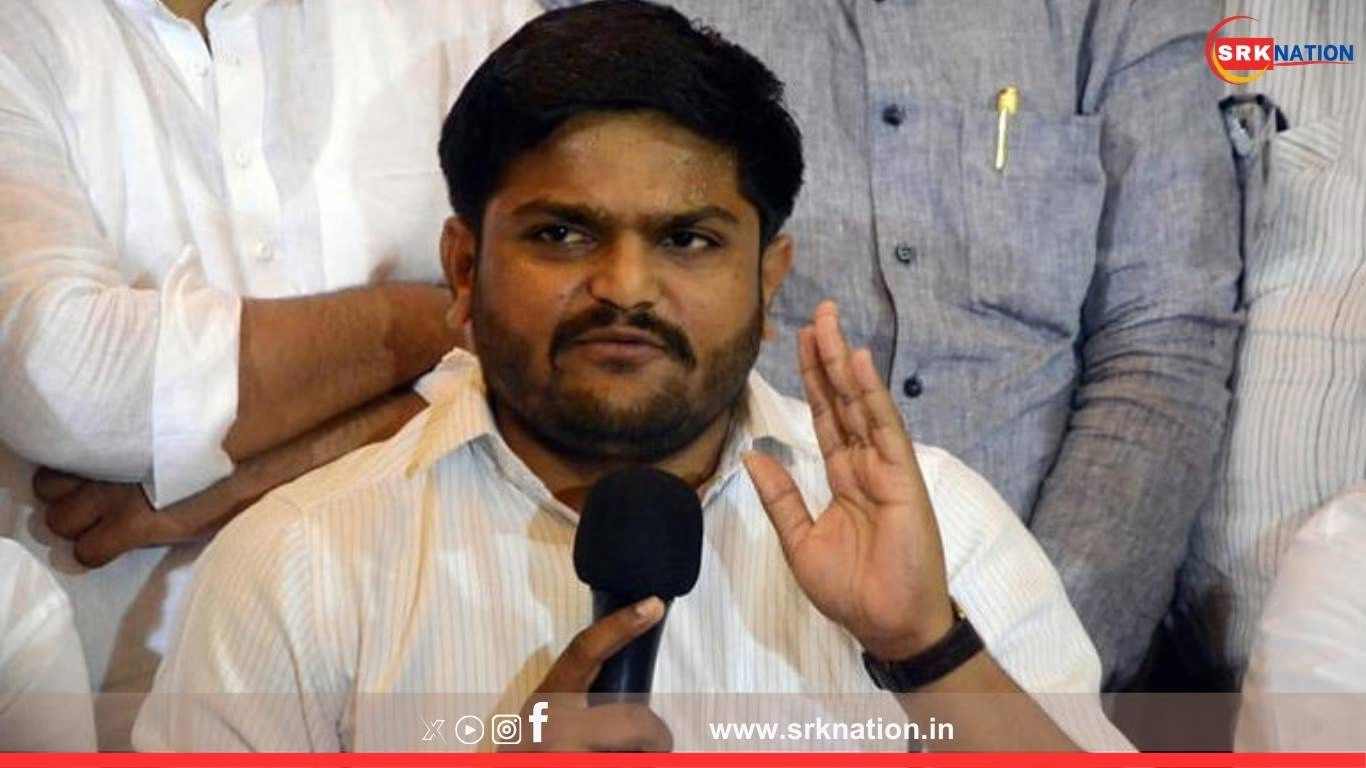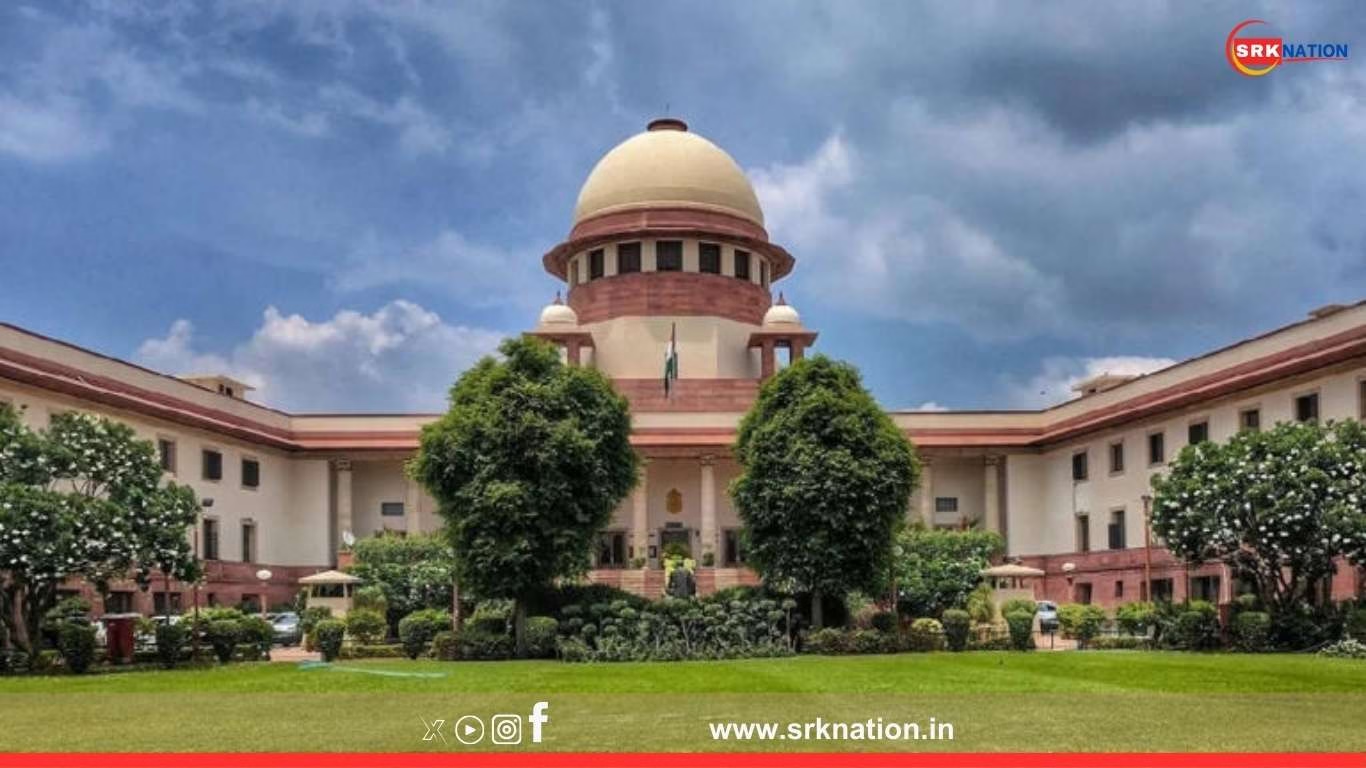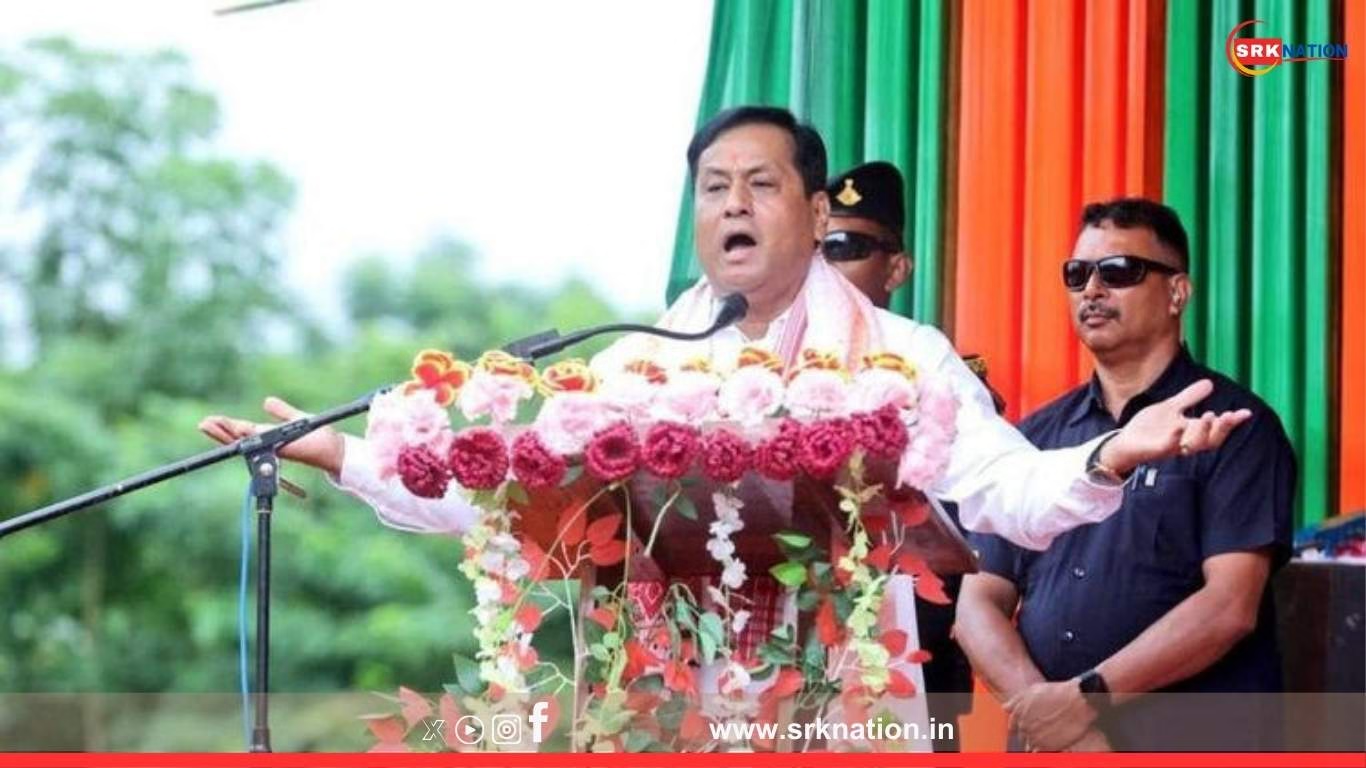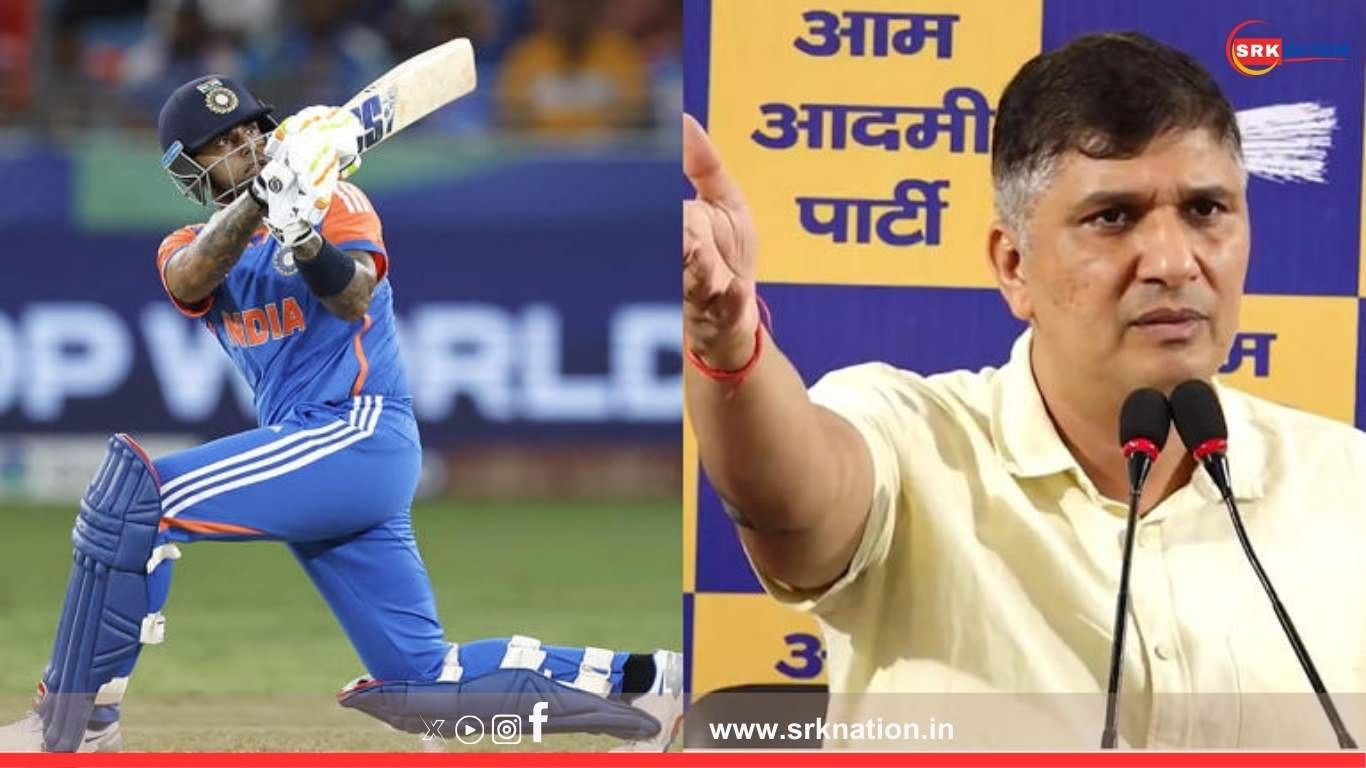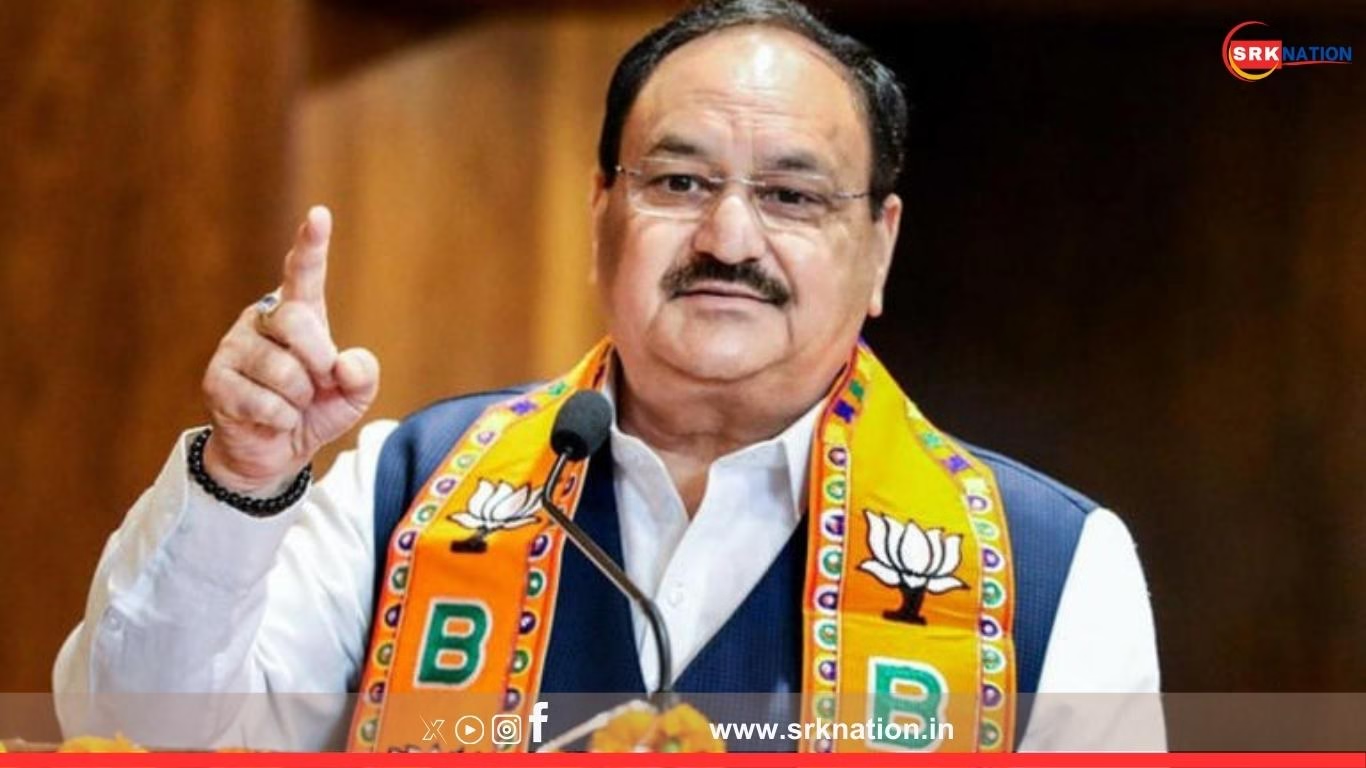The political spotlight has once again turned to Gujarat after an Ahmedabad court issued a second arrest warrant against BJP MLA Hardik Patel in connection with a 2018 case. The development has stirred significant political debates, with the ruling Bharatiya Janata Party (BJP) facing tough questions, and opposition parties seizing the opportunity to attack the credibility of one of Gujarat’s most prominent political figures.
Hardik Patel, known for his fiery leadership during the Patidar agitation, has often been at the center of controversies. His political journey — from leading protests against the BJP government, to joining Congress, and eventually switching sides to the BJP — has been closely followed by political observers. Now, with a fresh arrest warrant against him, the debate over his political survival and credibility has reignited.
Background of the 2018 Case
The case in question dates back to 2018, when Hardik Patel was accused of violating conditions related to public gatherings and protests. During that period, he was leading campaigns that drew massive crowds, sometimes resulting in law and order issues.
While earlier legal proceedings had slowed, the court has now taken a stricter stance, issuing a second arrest warrant after Patel allegedly failed to appear in court on multiple occasions.
Legal experts suggest that the court’s decision is a reminder that no politician, regardless of their position, is above the law. However, the political ramifications cannot be ignored, especially with state elections in Gujarat drawing closer.
Political Journey of Hardik Patel
Hardik Patel rose to fame during the Patidar quota agitation, where he mobilized lakhs of people demanding reservation for the Patidar community in government jobs and education. His fiery speeches and confrontational style made him a household name in Gujarat’s politics.
In 2019, Patel officially joined the Congress Party, where he was seen as a youth icon who could help rejuvenate the party in Gujarat. However, differences with the Congress leadership and frustration over limited opportunities led him to switch allegiance to the BJP in 2022.
His joining the BJP was seen as a major move by the ruling party to consolidate its Patidar vote bank, which forms a crucial bloc in Gujarat’s electoral landscape. But with this new legal twist, his standing within the party and among voters is under question again.
BJP’s Position and Opposition’s Attack
The BJP has so far maintained silence on the fresh arrest warrant, preferring to treat it as a legal matter rather than a political issue. Party insiders suggest that while the leadership values Patel’s role in consolidating the Patidar community, controversies like these could weaken his influence.
On the other hand, the opposition Congress and Aam Aadmi Party (AAP) have pounced on the opportunity. Congress leaders have called it a reflection of BJP’s “double standards,” while AAP has argued that Patel’s legal troubles are symbolic of the “politics of convenience” that he has practiced.
Legal Developments and Court Observations
According to court officials, Hardik Patel’s repeated absence during hearings compelled the court to issue the second arrest warrant. This escalation indicates the judiciary’s firm stance on ensuring accountability from political figures.
If Patel fails to comply with the warrant, the legal implications could be severe, including potential arrest and further complications in his political career.
Public Perception and Media Narrative
Public opinion on Hardik Patel remains sharply divided. While many Patidars still view him as a leader who once fought for their rights, others criticize his frequent party switches and see him as a leader driven more by political ambition than ideology.
The media has been quick to highlight the contrast between Patel’s past role as a rebel leader and his current position within the BJP, pointing out how the tables have turned in his political journey.
Timeline of Hardik Patel’s Political Career and Legal Challenges
| Year | Political Event / Legal Development | Impact |
|---|---|---|
| 2015 | Leads Patidar reservation agitation | Gains mass popularity |
| 2016 | Faces sedition charges | Spends time in jail |
| 2019 | Joins Congress | Seen as youth face of opposition |
| 2022 | Switches to BJP | Strengthens BJP’s Patidar base |
| 2018–2025 | Case over public protest violation resurfaces | Court issues two arrest warrants |
This timeline highlights the ups and downs of Hardik Patel’s career, underscoring how legal and political developments have shaped his image.
Political Analysts’ Perspective
Political analysts believe that while the legal case poses a challenge, it may not immediately derail Patel’s political journey. Much depends on how the BJP leadership handles the issue.
“Hardik Patel has been useful for BJP in maintaining Patidar support. However, his credibility is fragile, and legal troubles like this may erode his influence, especially if opposition parties use it to discredit him,” said one political observer.
Another analyst added that Patel’s future would depend on whether he can reinvent himself once again, as he has done multiple times in the past.
Broader Implications for Gujarat Politics
The case also reflects the larger issue of political accountability in Gujarat. Leaders with pending cases often continue to thrive in politics, raising questions about the balance between legality and electability.
For BJP, which has positioned itself as a party of law and order, handling Patel’s case delicately will be crucial. For the opposition, the controversy offers ammunition to question BJP’s integrity and consistency.
Conclusion
The second arrest warrant against BJP MLA Hardik Patel in a 2018 case has reignited debates over his credibility, loyalty, and future in Gujarat politics. While the court’s decision is rooted in legal accountability, the political fallout could be far-reaching, influencing voter sentiment and intra-party equations in the BJP.
Hardik Patel’s journey, marked by sharp turns and controversies, continues to reflect the complexities of Indian politics — where legal challenges, community loyalties, and party strategies intersect. Whether this latest legal twist becomes a stumbling block or just another chapter in his political reinvention remains to be seen.
Disclaimer
This article is based on publicly available information, political statements, and court developments. It is intended for informational purposes only and does not endorse or oppose any political leader, party, or ideology. Readers are advised to follow official court documents and government statements for accurate updates.

